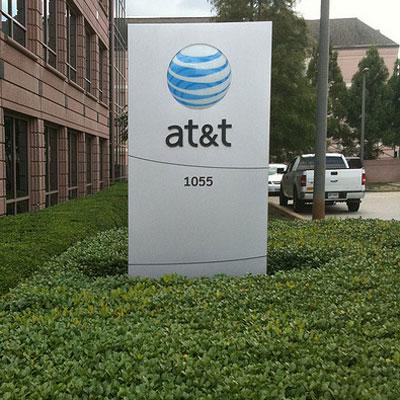Judge Clears Blockbuster $85.4 Billion Deal To Combine AT&T, Time Warner

The battle between AT&T and the Department of Justice came to an end on Tuesday afternoon when U.S. District Court Judge Richard Leon gave the go-ahead for the proposed $85.4 billion mega-merger between AT&T and Time Warner.
The judge did not impose conditions on the merger's approval.
All eyes have been on the outcome of the proposed AT&T-Time Warner deal, which marked the first major tech acquisition to face opposition from the Republican-led Justice Department. The deal could lay the groundwork for more merger and acquisition activity in the telecom industry.
[Related: Partners: AT&T-Time Warner Deal Could Shift Focus Away From Core Networking Portfolio ]
The DOJ can appeal the decision, which would move the case to the Washington D.C. Circuit Court of Appeals. The Justice Department could request a stay from Judge Leon or the appeals court, which would force AT&T and Time Warner to wait to complete the deal. The deadline for the deal to be completed is June 20, after which Time Warner could ask AT&T for more money.
Judge Leon, however, said he would deny a stay on the deal if requested by the Justice Department, signaling that the companies are now free to close.
’We are pleased that, after conducting a full and fair trial on the merits, the Court has categorically rejected the government’s lawsuit to block our merger with Time Warner," said David McAtee, AT&T's general counsel, in a statement. "We thank the Court for its thorough and timely examination of the evidence, and we compliment our colleagues at the Department of Justice on their dedicated representation of the government. We look forward to closing the merger on or before June 20 so we can begin to give consumers video entertainment that is more affordable, mobile, and innovative.’
Dallas-based AT&T announced its intent to acquire Time Warner in October 2016. In 2017, The Department of Justice sued to block the deal, citing concerns that the merger between the two industry leaders would hurt competition and allow AT&T room to raise prices on its customers.
AT&T, for its part, pushed back against claims that it would remove competition in the market. The carrier called its deal a "vertical" acquisition, meaning it would merge two companies that don't directly compete against one another.
Rickie Richey, CEO of AT&T Platinum Partner Exchange reseller partner Altaworx, said he was surprised by the pushback AT&T has received from the government.
"AT&T is investing in something they don't currently do, so it's not like they are creating some giant monopoly," Rickey said.
The Justice Department hasn't challenged a vertical acquisition in more than 40 years. The DOJ in 1977 attempted to force paper manufacturer Hammermill to divest itself of two paper distributors it had acquired in the 1960s, and ultimately lost the case.
The DOJ suggested during the six-week trial that instead of blocking the deal, AT&T should be required to sell off its satellite TV service business DirecTV, or prevent the carrier from gaining Time Warner’s Turner Broadcasting unit. AT&T rejected the proposal, saying the it negates the purpose of the deal.
AT&T said it wants to acquire Time Warner's valuable content assets to better go up against Facebook, Apple, Amazon, Netflix and Google.